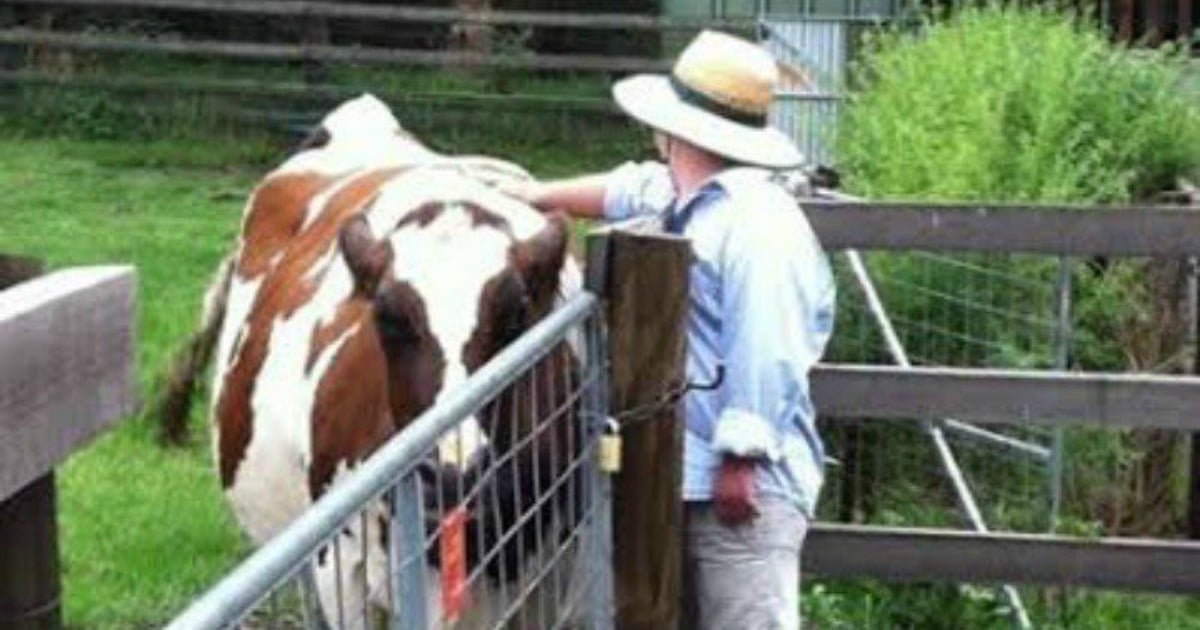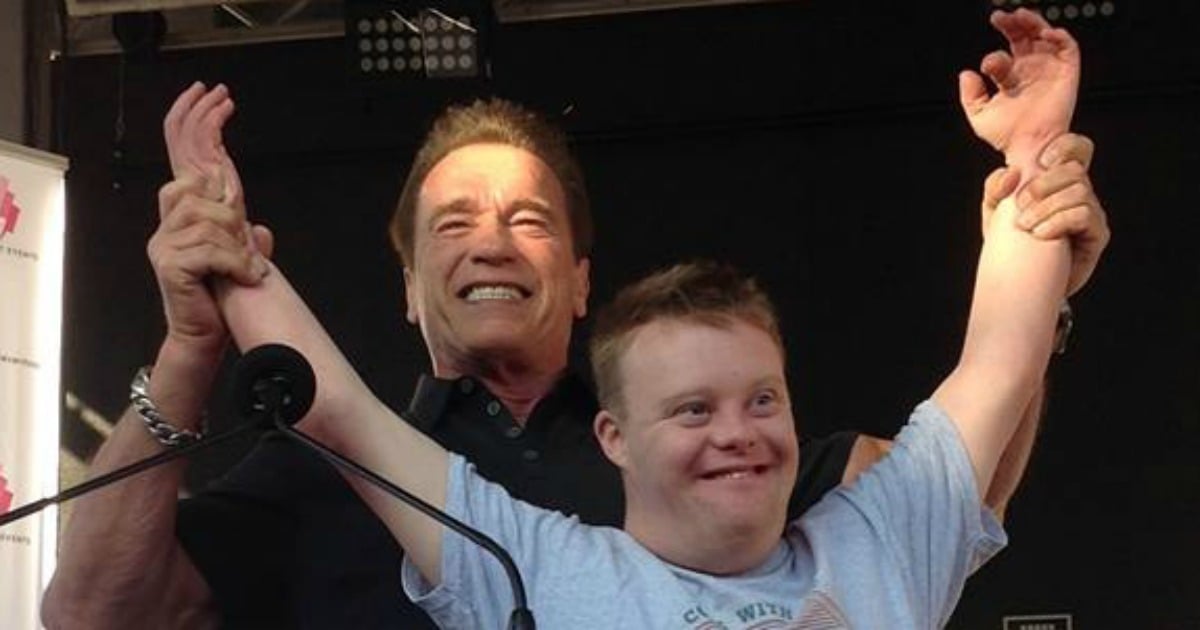
My big brother Ben is a pretty cool guy. He volunteers with animals. He’s totally obsessed with Arnold Schwartzenneger (who he got to compare muscles with IRL yesterday). And – thanks to him – I know a tonne about movies like Star Wars, Die Hard, Terminator, Bad Boys and Back to the Future, which gives me loads of street cred.
Ben’s pretty shy, but to those who know him best he is warm, caring, passionate, funny and stubborn as hell (what are siblings for). I love my brother to bits and he gets me, so I’ll forgive him for the early 2000s boy band mania and the Nollsie and Westlife lyrics now permanently imprinted in my brain. One day.
Oh, and he has Down syndrome. Did I mention that?




Top Comments
And yet it is estimated that 90% of Down Syndrome babies are terminated before they even have a chance to live. This is discrimination on a truly devastating level! These children are so precious and bring so much to those around them and the world.. I wish this author would write an article about this!
Yes! I am always reminding people that someone with a disability is a person first and foremost! They are not a disabled person. I also hate the term disabled parking and disabled toilets, they are accessible parking and accessible toilets. They provide access to something that someone with limited mobility or a range of other health concerns would otherwise be unable to access. The most important thing to remember is that someone with a disability is not defined by their disability. I have brown hair no one calls me a brown haired person, instead they say I have brown hair. Same goes for someone with a disability - they have one but it does not define them.